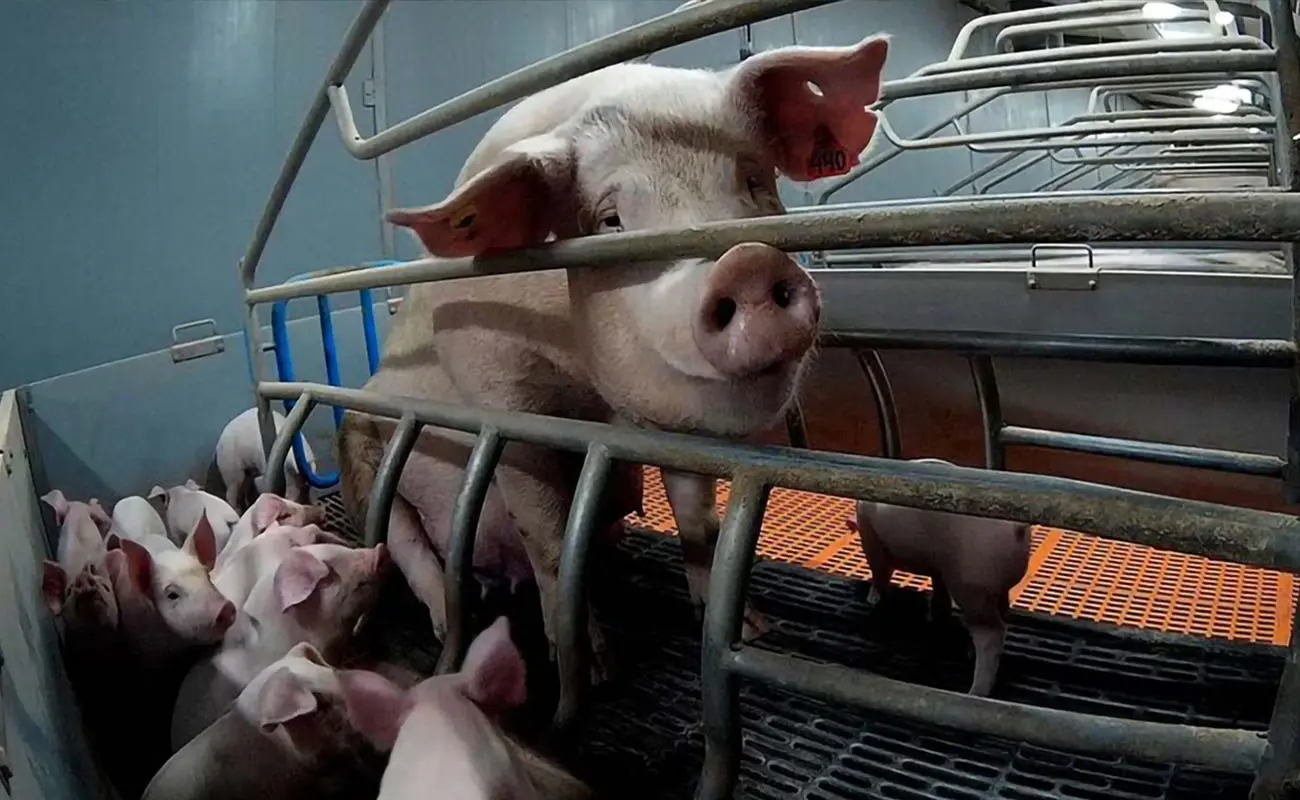The “Issues” section sheds light on the widespread and often hidden forms of suffering that animals endure in a human-centered world. These are not simply random acts of cruelty but symptoms of a larger system—built on tradition, convenience, and profit—that normalizes exploitation and denies animals their most basic rights. From industrial slaughterhouses to entertainment arenas, from laboratory cages to clothing factories, animals are subjected to harm that is often sanitized, ignored, or justified by cultural norms.
Each subcategory in this section reveals a different layer of harm. We examine the horrors of slaughter and confinement, the suffering behind fur and fashion, and the trauma animals face during transportation. We confront the impact of factory farming practices, the ethical cost of animal testing, and the exploitation of animals in circuses, zoos, and marine parks. Even within our homes, many companion animals face neglect, breeding abuses, or abandonment. And in the wild, animals are displaced, hunted, and commodified—often in the name of profit or convenience.
By uncovering these issues, we invite reflection, responsibility, and change. This is not just about cruelty—it is about how our choices, traditions, and industries have created a culture of dominance over the vulnerable. Understanding these mechanisms is the first step toward dismantling them—and building a world where compassion, justice, and coexistence guide our relationship with all living beings.
Antibiotic resistance is an escalating global health challenge, with animal agriculture emerging as a significant contributor to this issue. The routine use of antibiotics in livestock farming, aimed at boosting growth and preventing disease, has inadvertently fostered the development of resistant bacterial strains. These superbugs can spread to humans through contaminated food, water sources, and environmental exposure, undermining the effectiveness of critical medical treatments. This article examines the link between antibiotic use in farming and resistance development while highlighting sustainable solutions that could protect public health and preserve the efficacy of antibiotics for future generations


























































